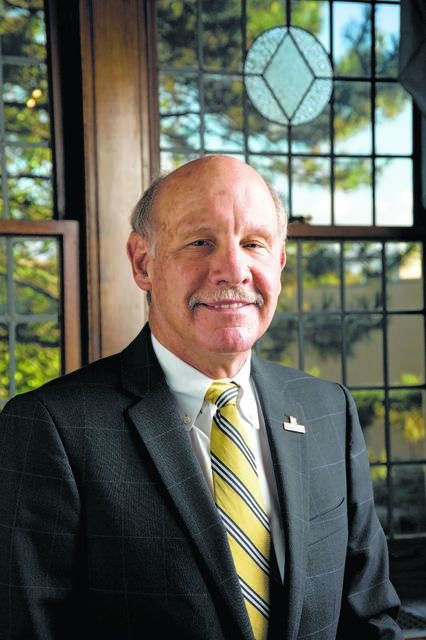Click here to subscribe today or Login.
The number of Americans seeking unemployment benefits recently fell to 751,000 according to the U.S. Labor Department.
Some of the decline in unemployment was attributable to people finding new jobs or being recalled to their old ones. However, much of the decline was due to workers becoming self-employed. Today’s 7.3 million unemployment rate in the U.S. would be considerably higher were it not for the fact that many workers have left the traditional job market and headed out on their own as members of the growing self-employed labor force.
According to the Bureau of Labor Statistics, about 15 million Americans, representing over 10% of the population, reported they were “self-employed in 2015.” Five years later one in every six new jobs created since the pandemic devastated the economy in March are reported as “temporary,” and many of them are self-employed.
For years, most of the self-employed included lawyers, actors, artists, independent businesspeople and those operating their own businesses. The recent growth in the self-employed work force is owed to firms like Lyft and Uber, and others. These “gig” workers tend to value their independence and do not wish to be tied down to specific working hours and other restrictions imposed by employers. Some undertake their gig jobs to supplement the income they receive from more traditional employment.
Of course, there are costs associated with being a gig worker. They are not eligible for workers’ compensation. They must declare their own income and taxes are not withheld placing a significant burden on gig workers to maintain their own business records and tax payments. They receive no employee benefits such as health care, vacation time or sick pay. While gig workers often tout the freedom that self-employment affords them, they clearly lack the benefits many working Americans enjoy.
The gig economy can be an important safety net during recessions, especially ones that develop rapidly like the pandemic-forced recession that began last February. Unemployed people who want to work can shift rapidly into gig jobs and make up for the loss of more structured employment. Many of them find they enjoy the flexibility that gig employment offers.
A reoccurring issue for gig workers is their lack of employment benefits. This was one of the key bones of contention during the recent California election. Proposition 22 asked Californians if gig workers should be allowed to remain independent contractors. Over 60% said yes and by doing so defied organized labor’s strategy to unionize gig workers.
Uber, Lyft, DoorDash, and similar firms mounted a major public relations campaign in favor of Proposition 22. It removed the impact of Assembly Bill 5 passed by the California Assembly in 2018, requiring ride-sharing firms to hire drivers as full-time rather than contract employees. According to the companies, the benefits that the firms would be required to cover would add 30% to the cost of a ride share.
Now that Proposition 22 has passed several ride sharing executives, including Logan Green, CEO of LYFT, have called for more balanced discussions with ride-sharing workers about ways to ameliorate their concerns including providing stipends to help cover health and auto insurance for drivers. The reasoning is that devoid of legislative mandates the companies and their independent contractors can now develop strategies to effectively benefit drivers and customers thereby assuring continuing success of both.
Overall, the flexibility that gig economy gives to workers as well as the cushion it offers the entire economy in good and bad times makes them an essential part of the job market in the U.S. today. It promotes entrepreneurship as suggested by the fact that when the demand for ride sharing services declined earlier this year due to the pandemic, that many drivers began delivering food and groceries. The gig economy also employs workers who otherwise might be unemployed. And it provides a safety-valve in a dynamic and changing global economy driven by technology and entrepreneurship.
It is heartening that Californians approved Proposition 22. If California, one of the most liberal states in the country, overwhelmingly agreed that greater labor flexibility and innovation is a key to future citizens’ well-being, then perhaps other states will follow.
Michael A. MacDowell is President Emeritus of Misericordia University and a Director of the Calvin K. Kazanjian Economics Foundation. He lives in Harveys Lake, PA.





